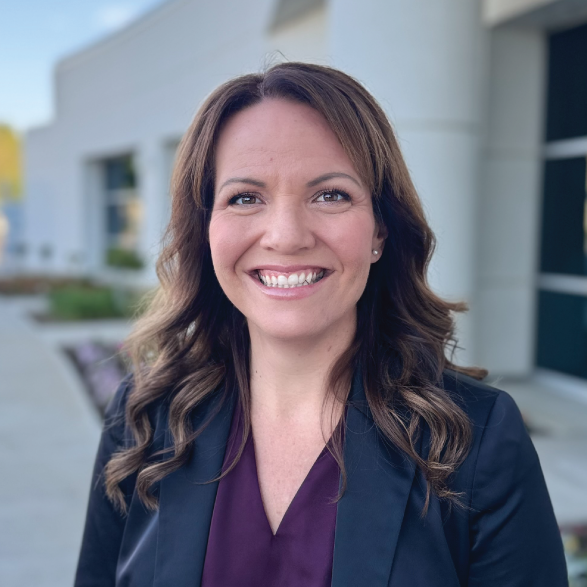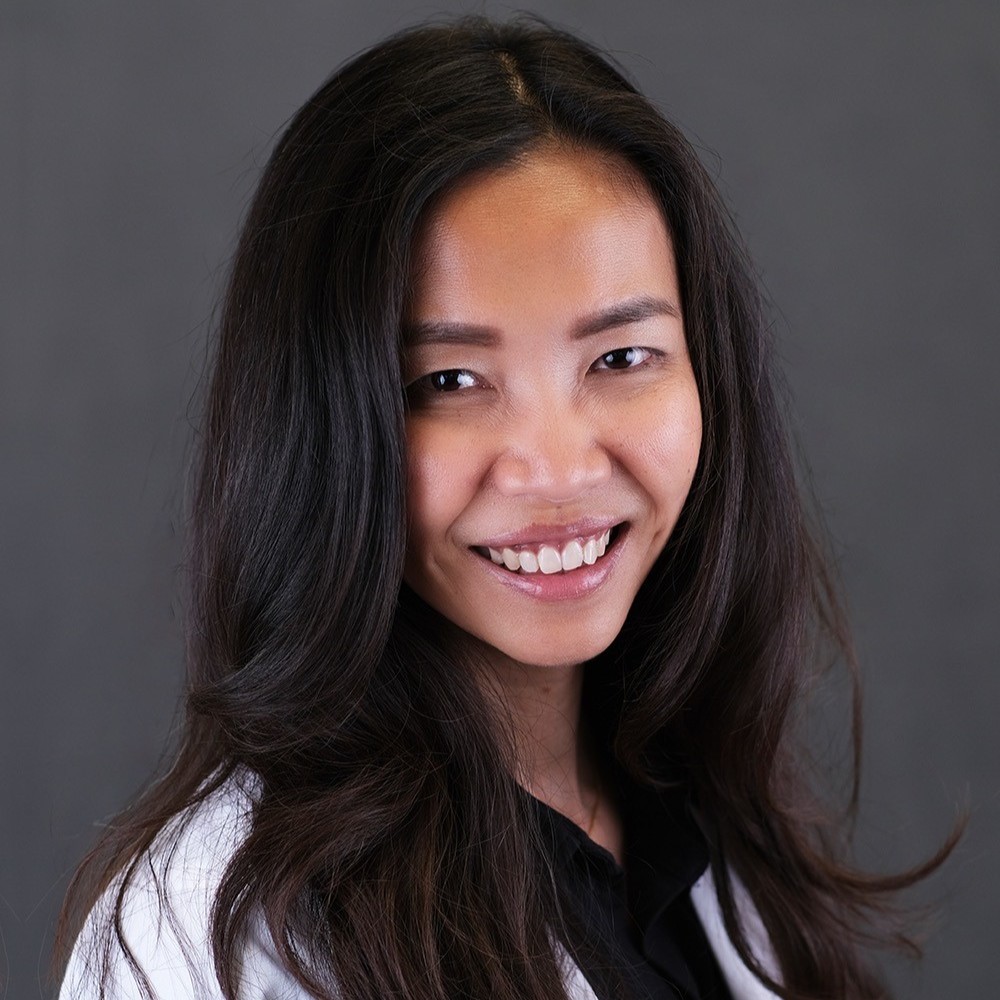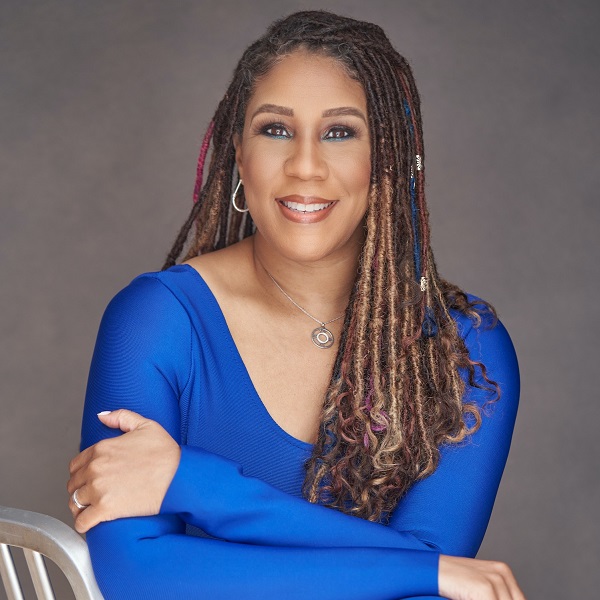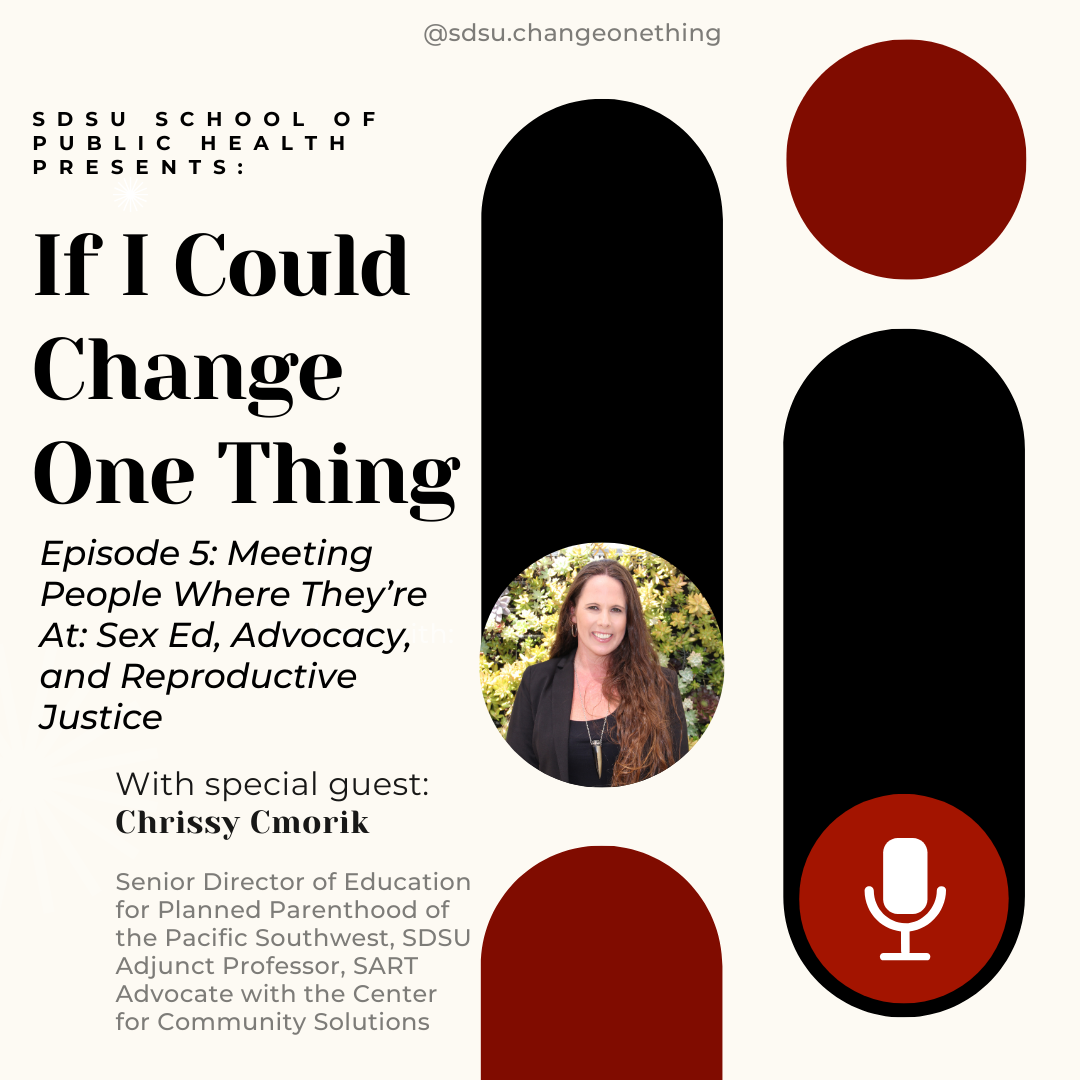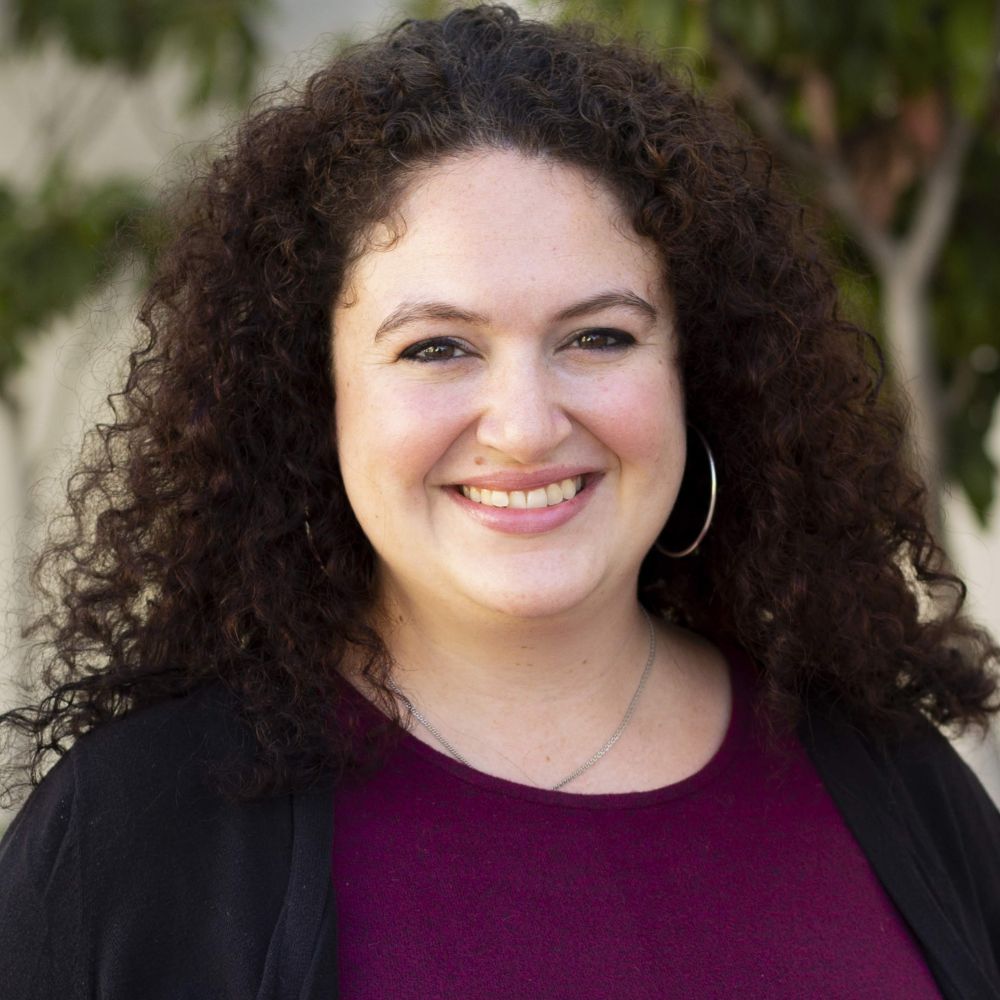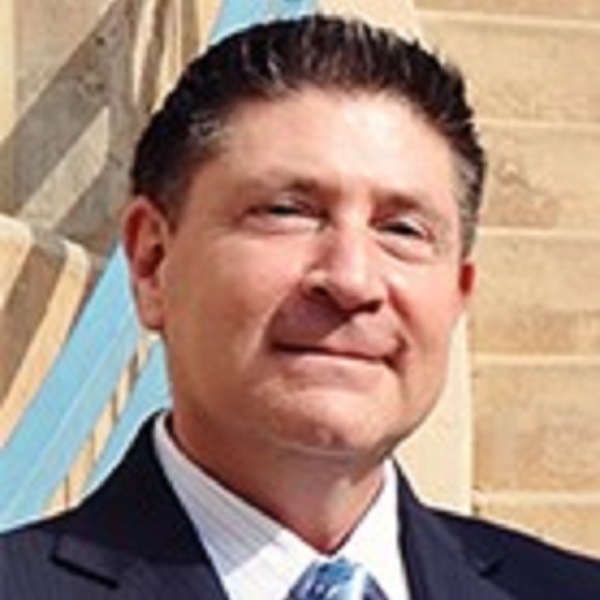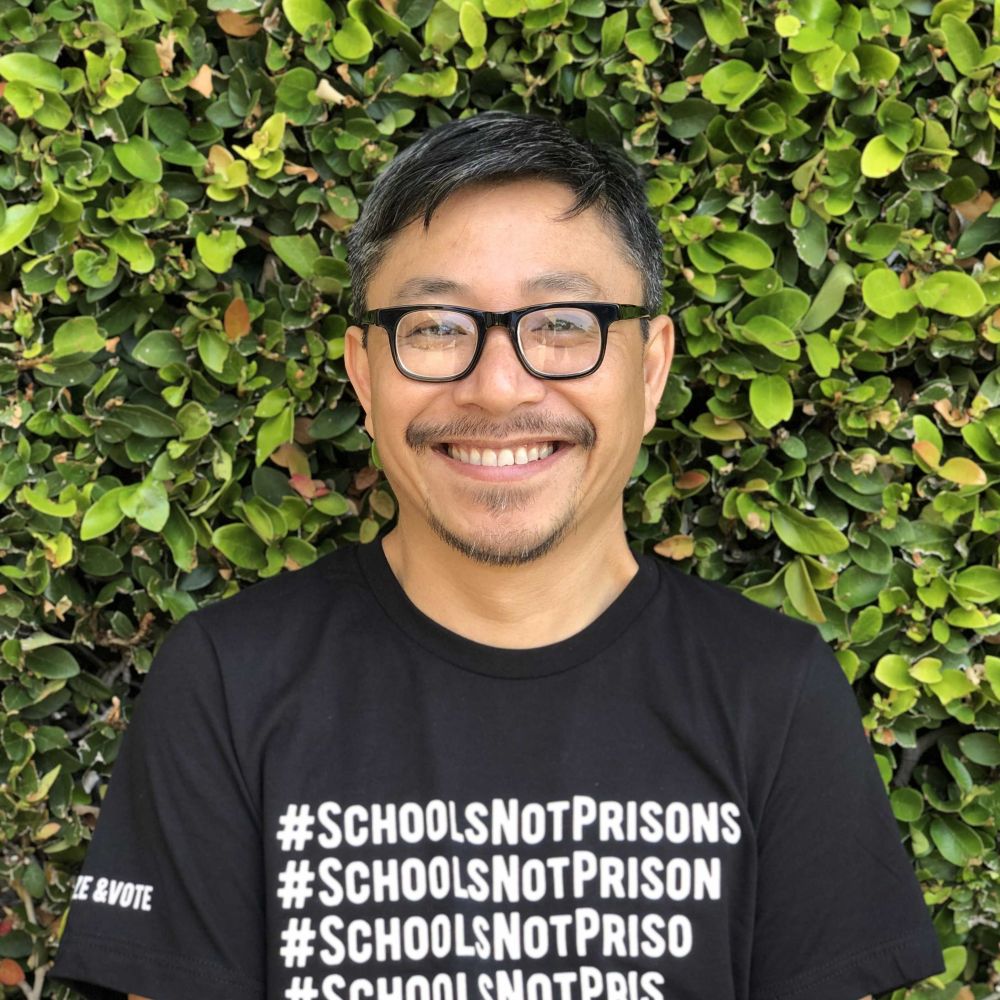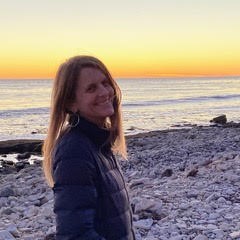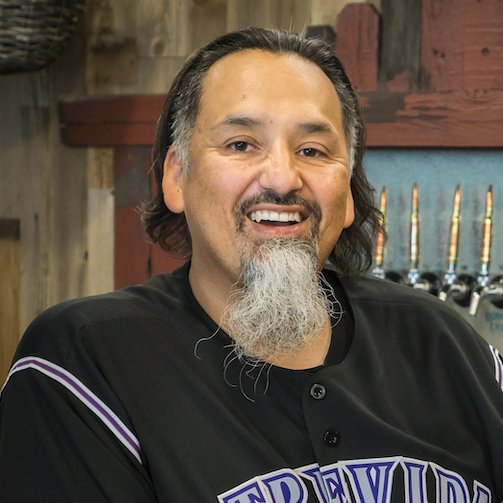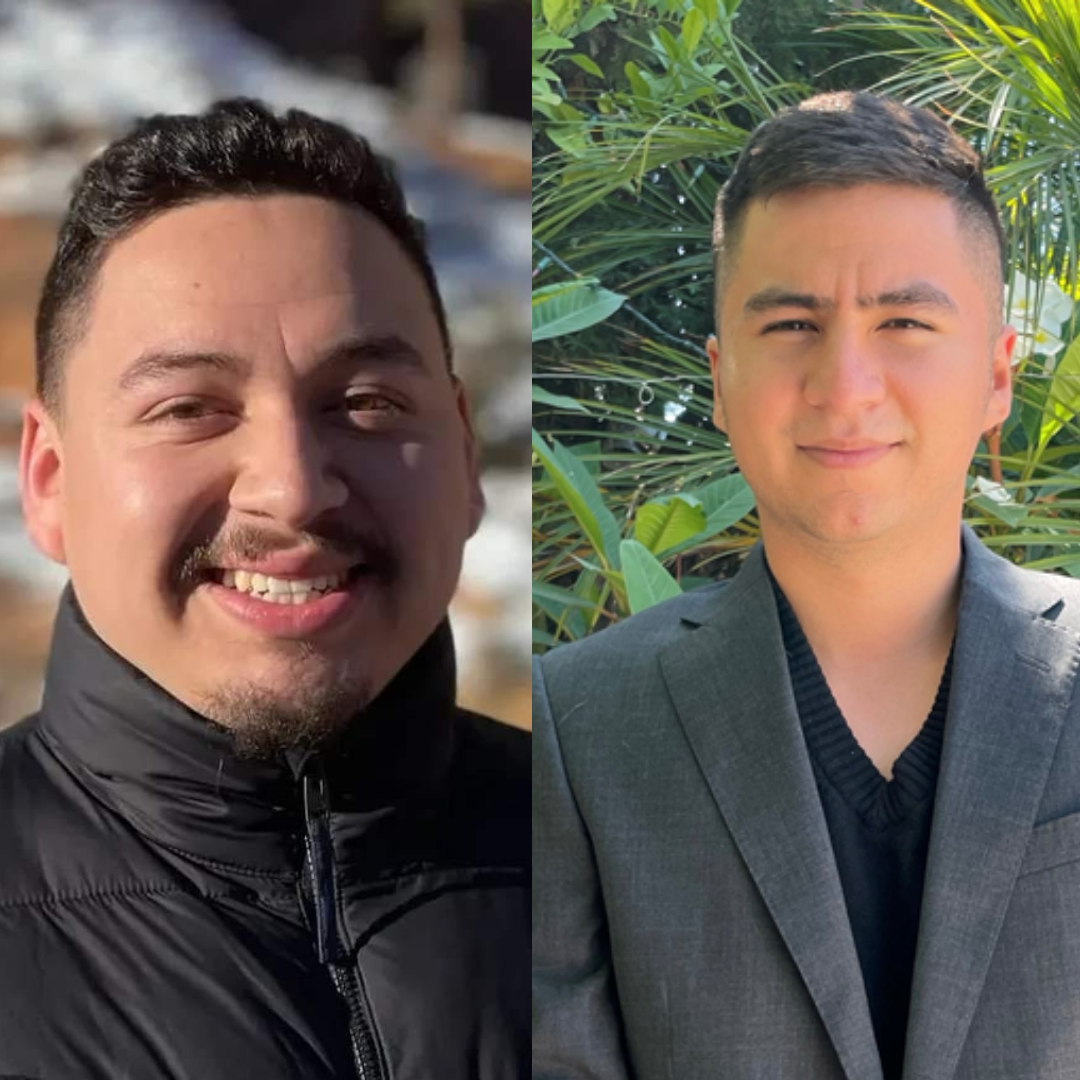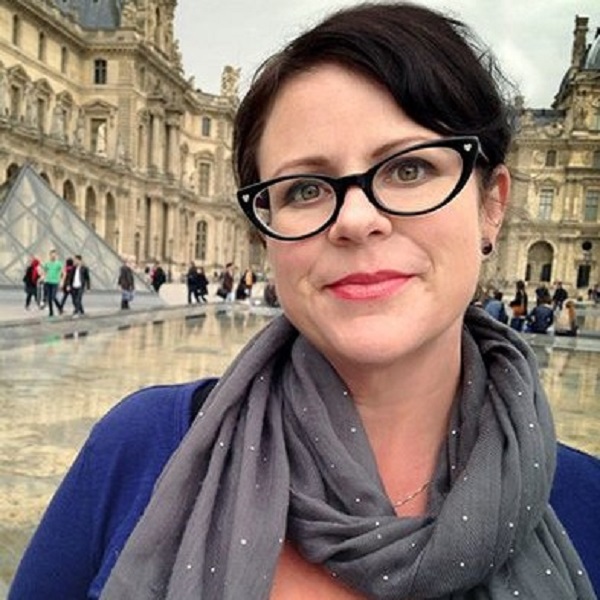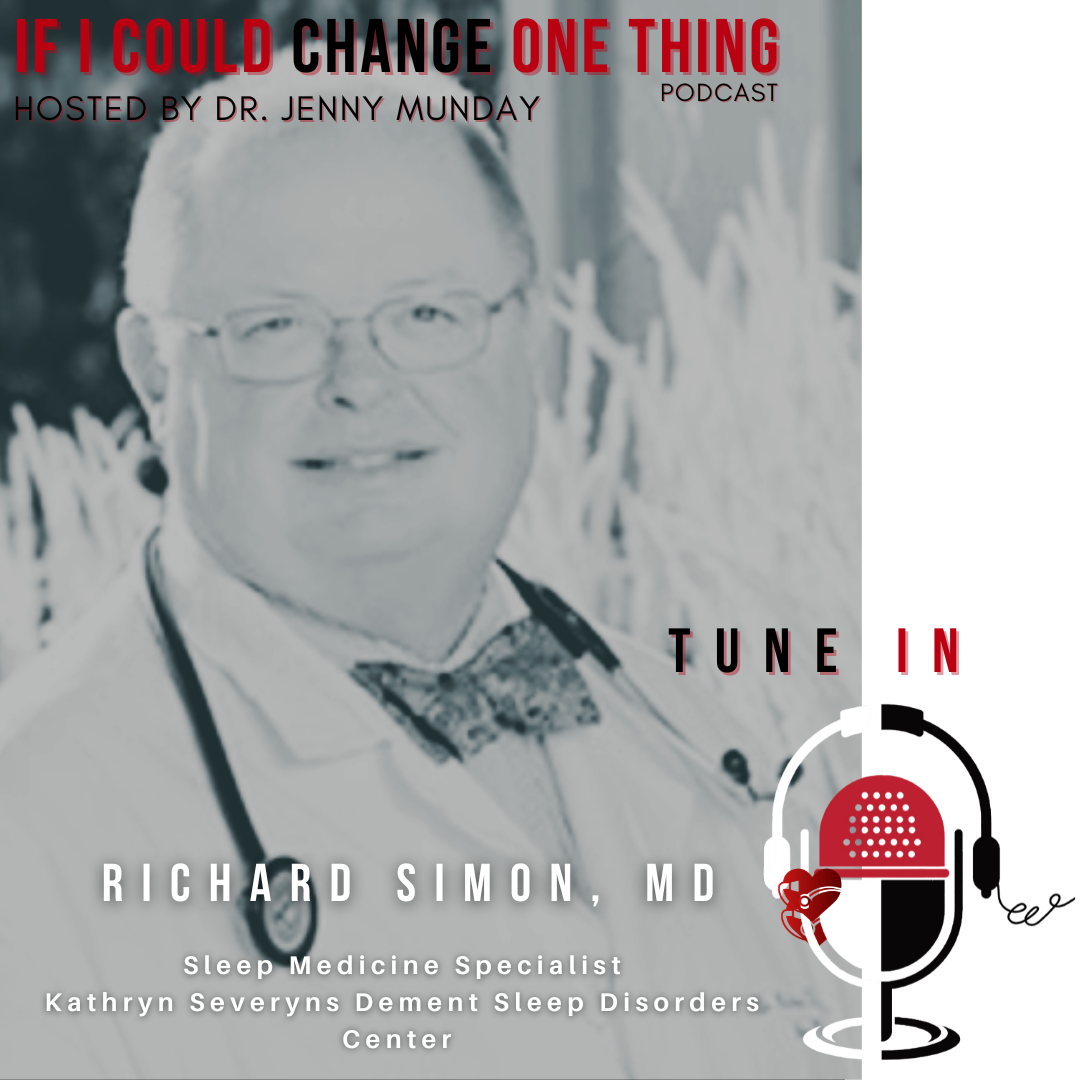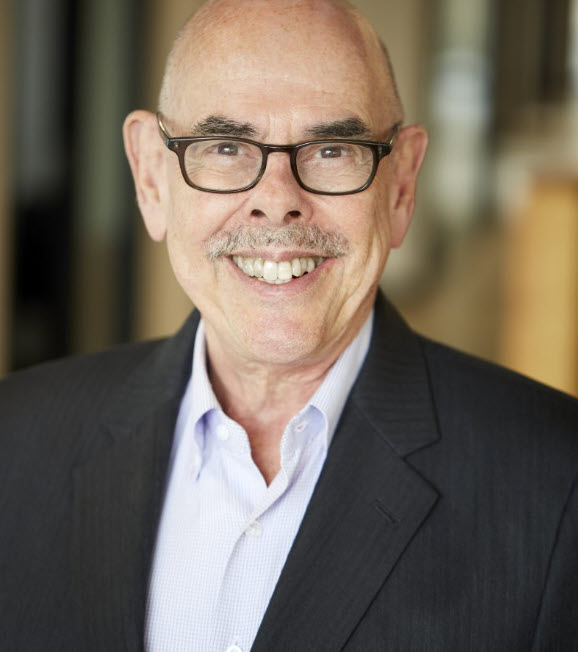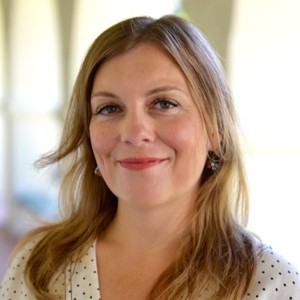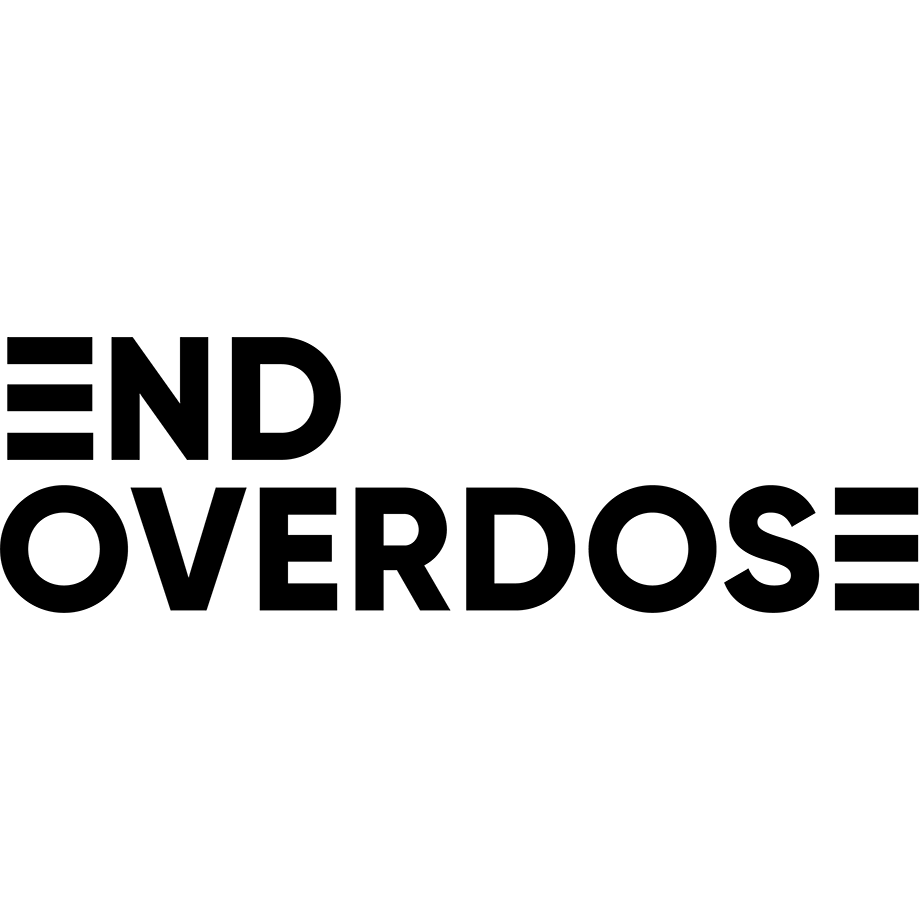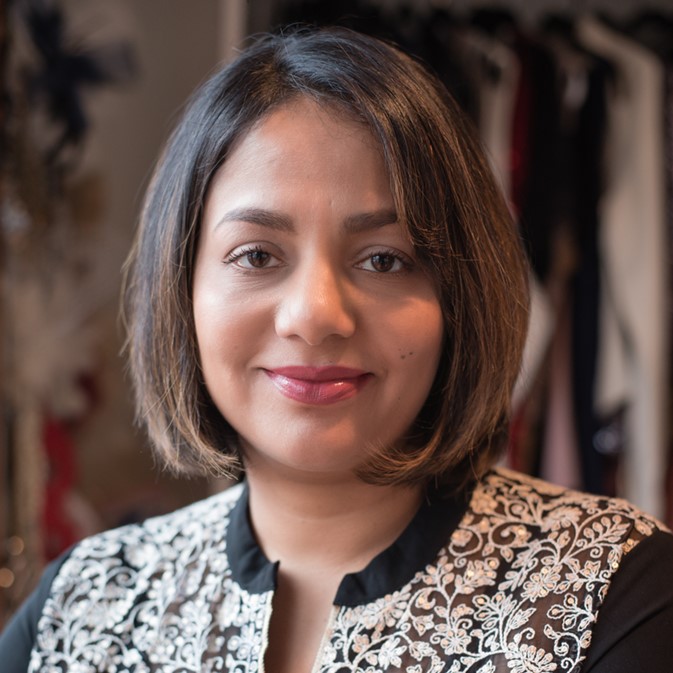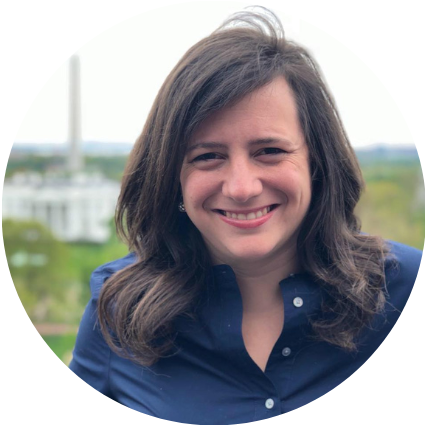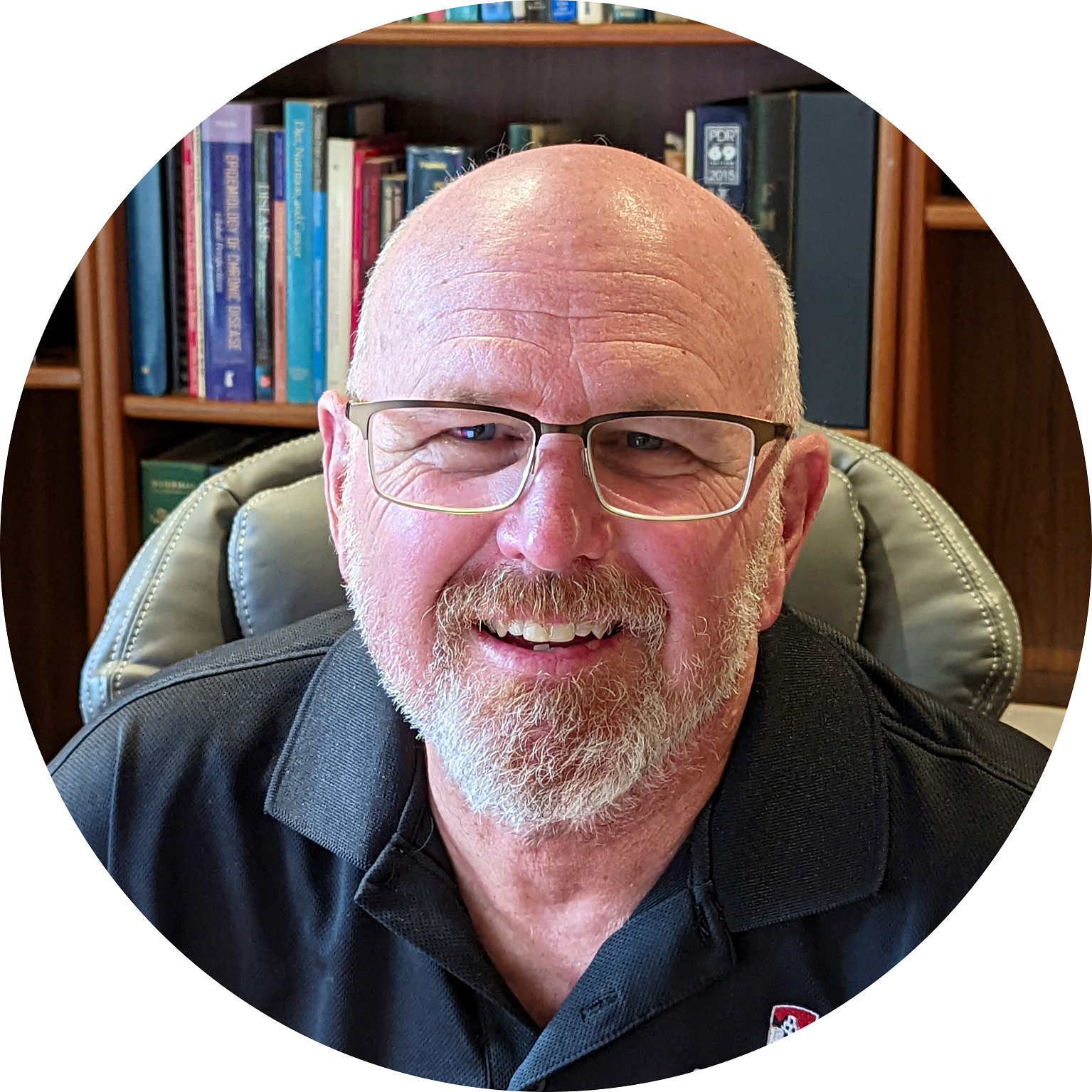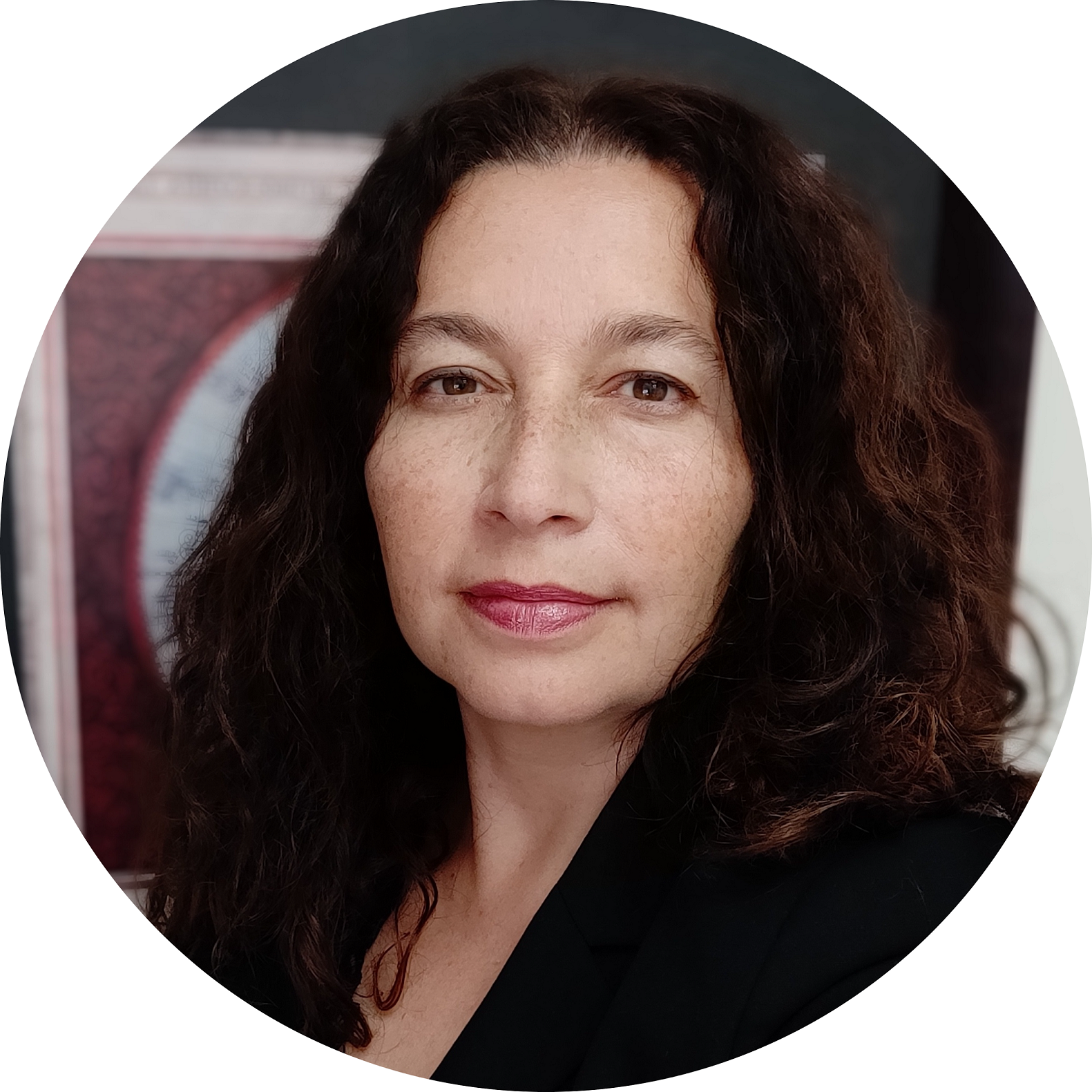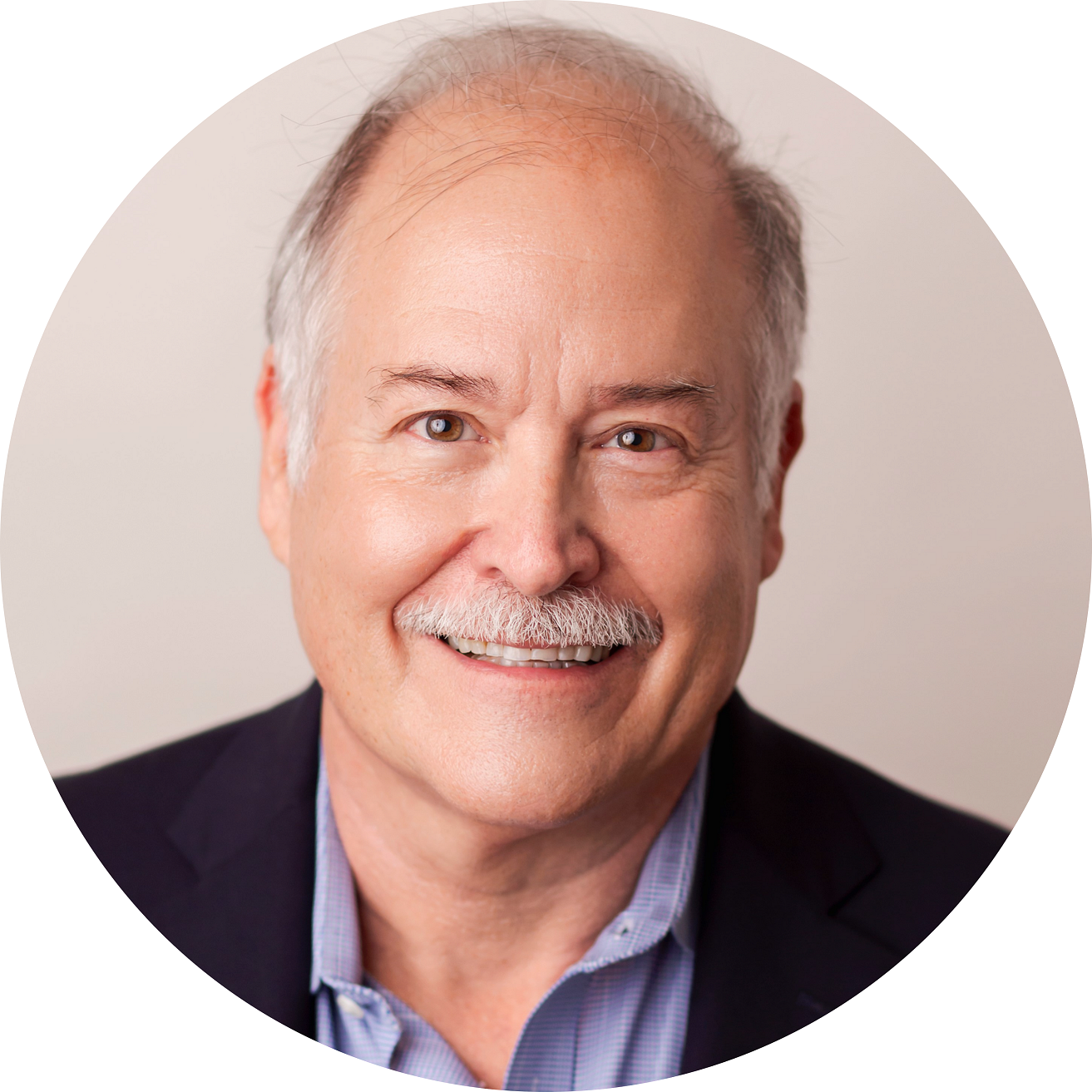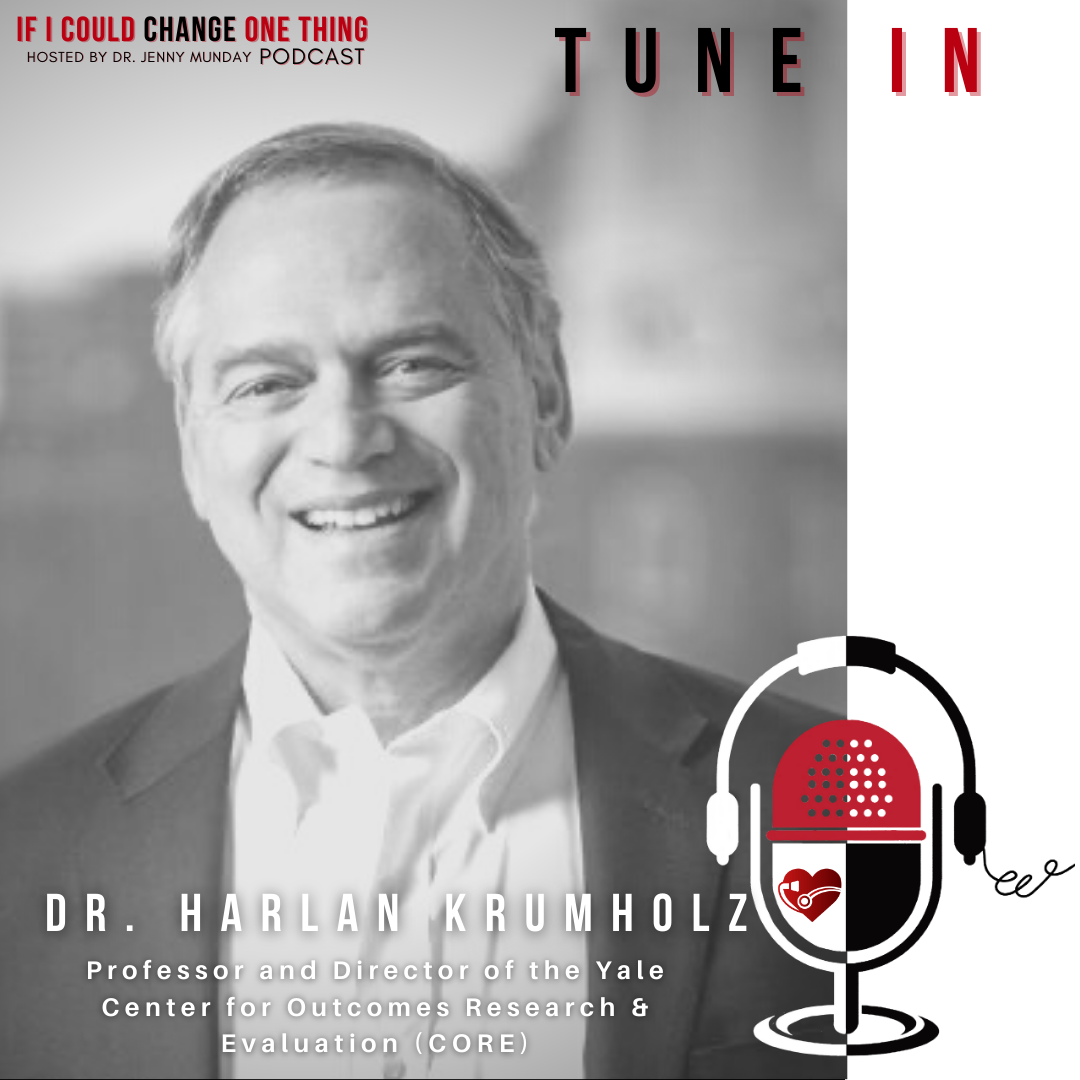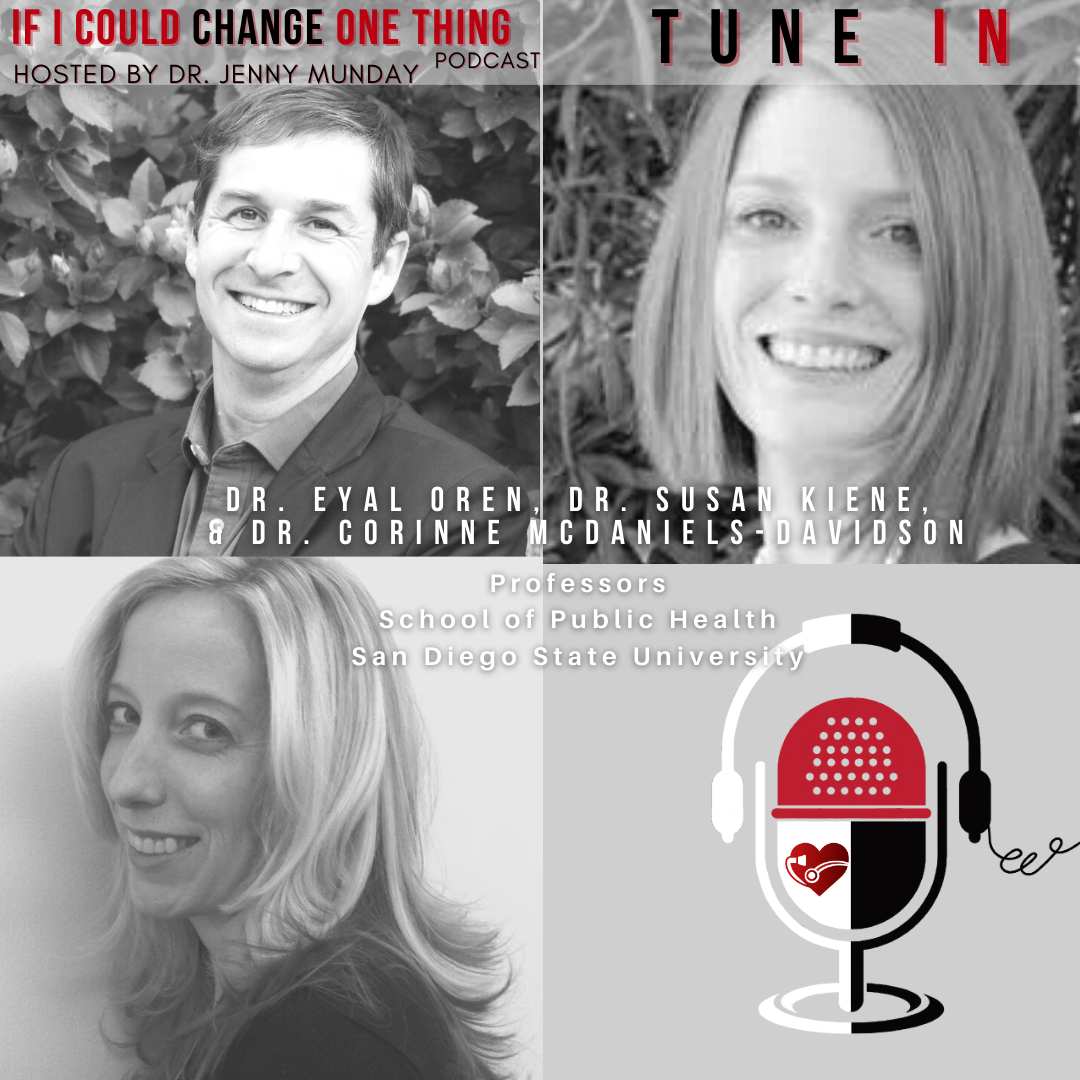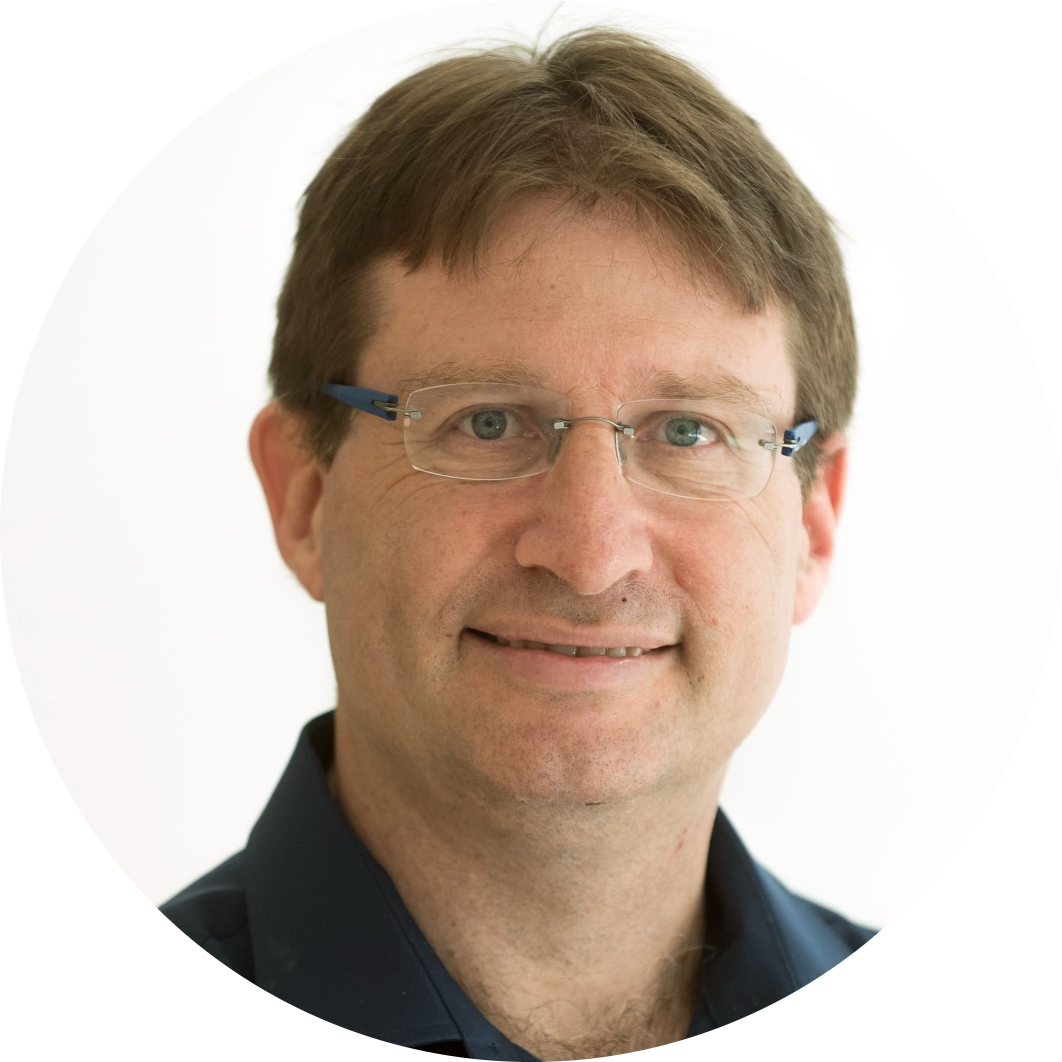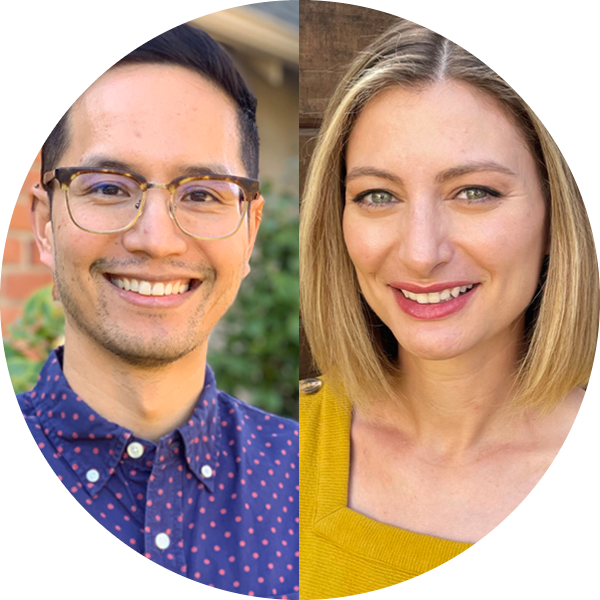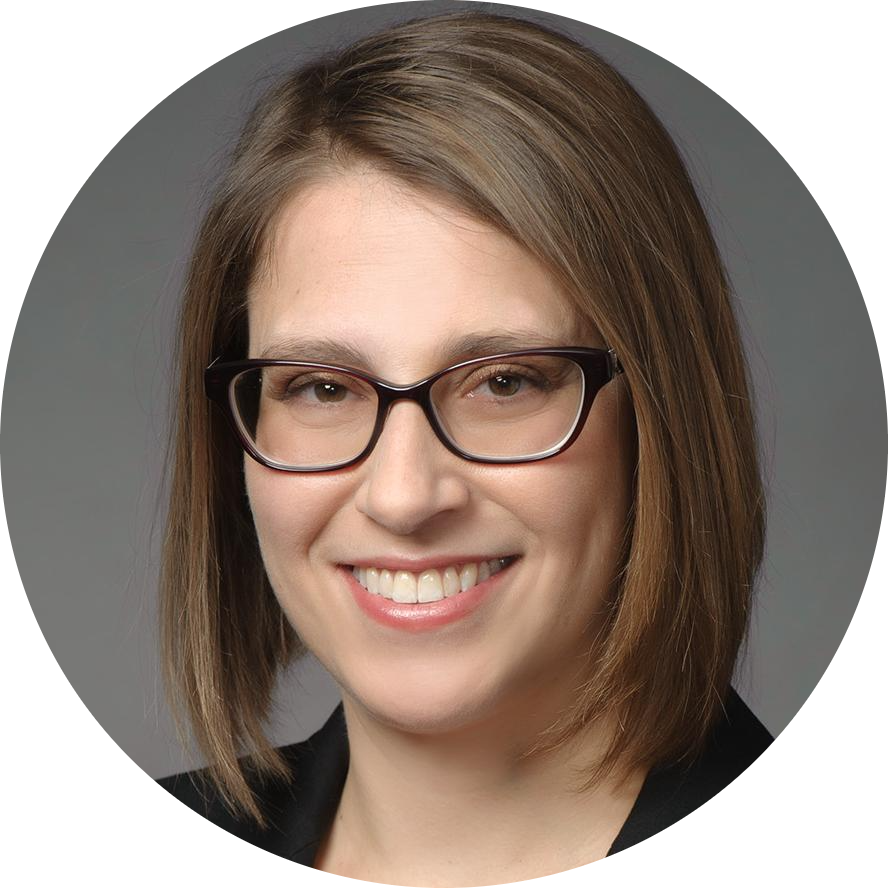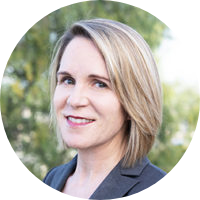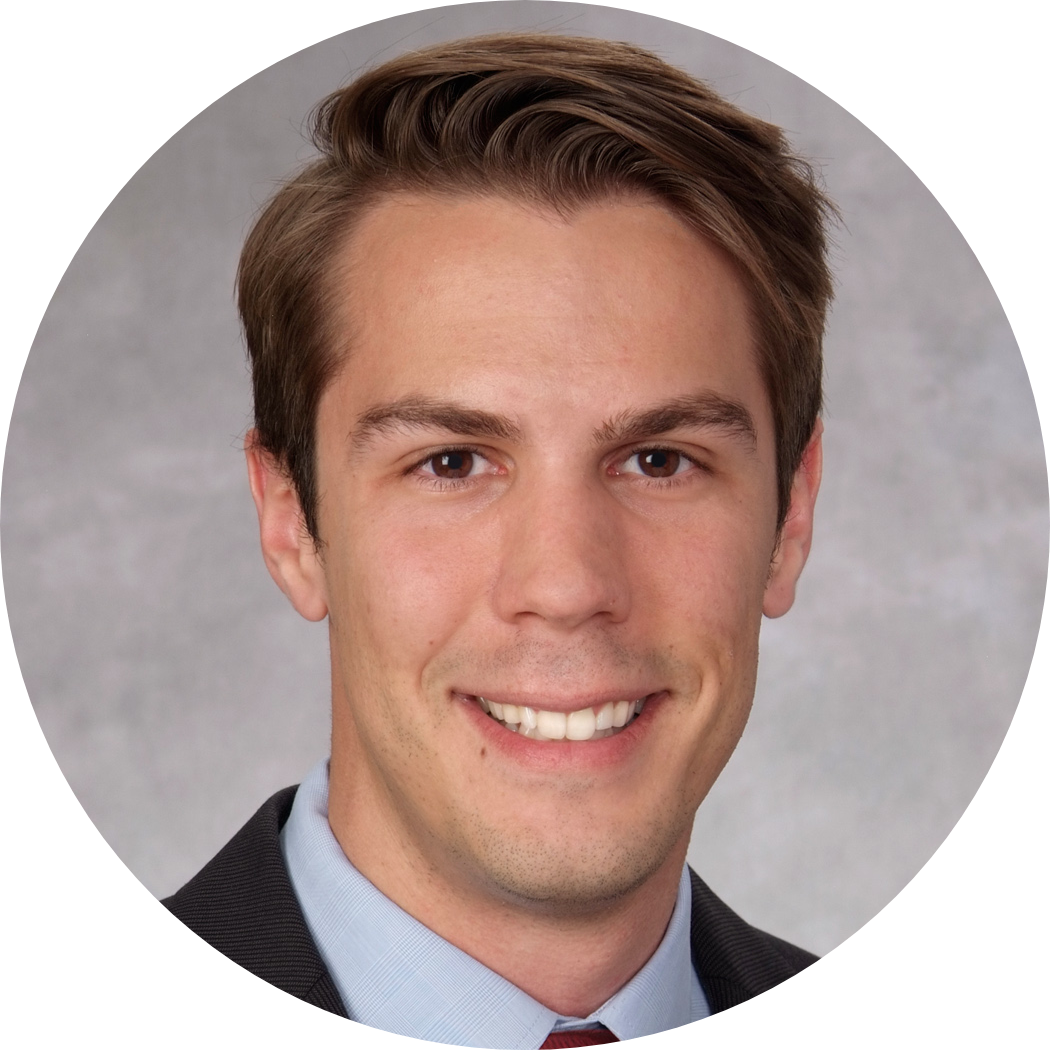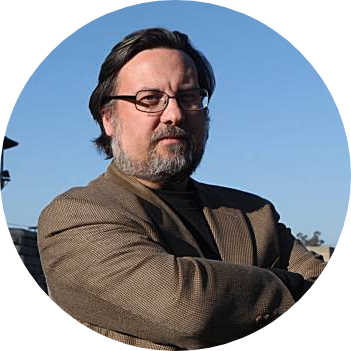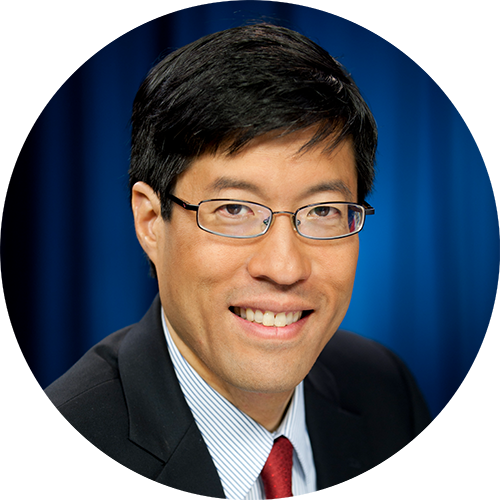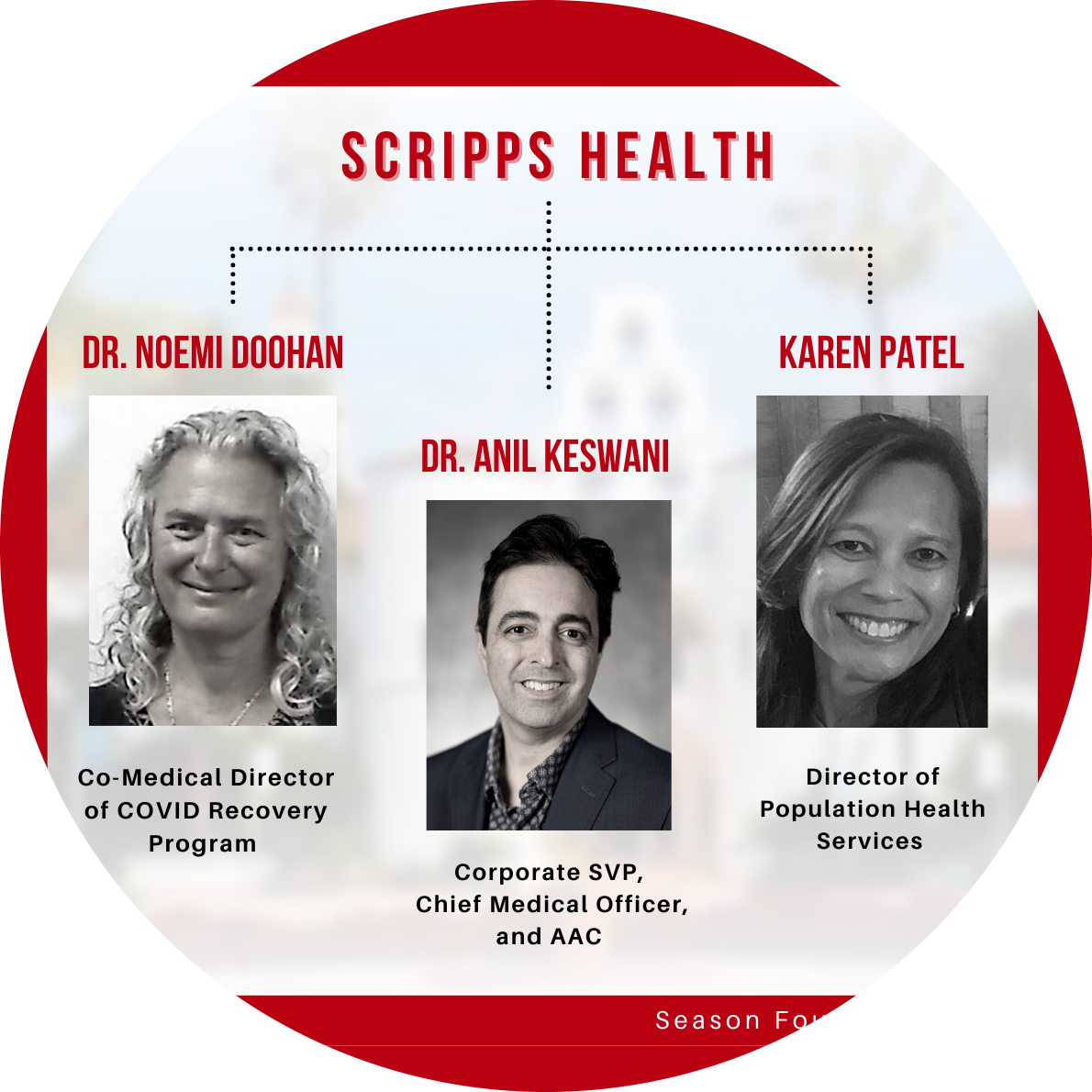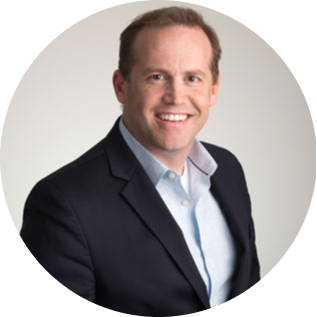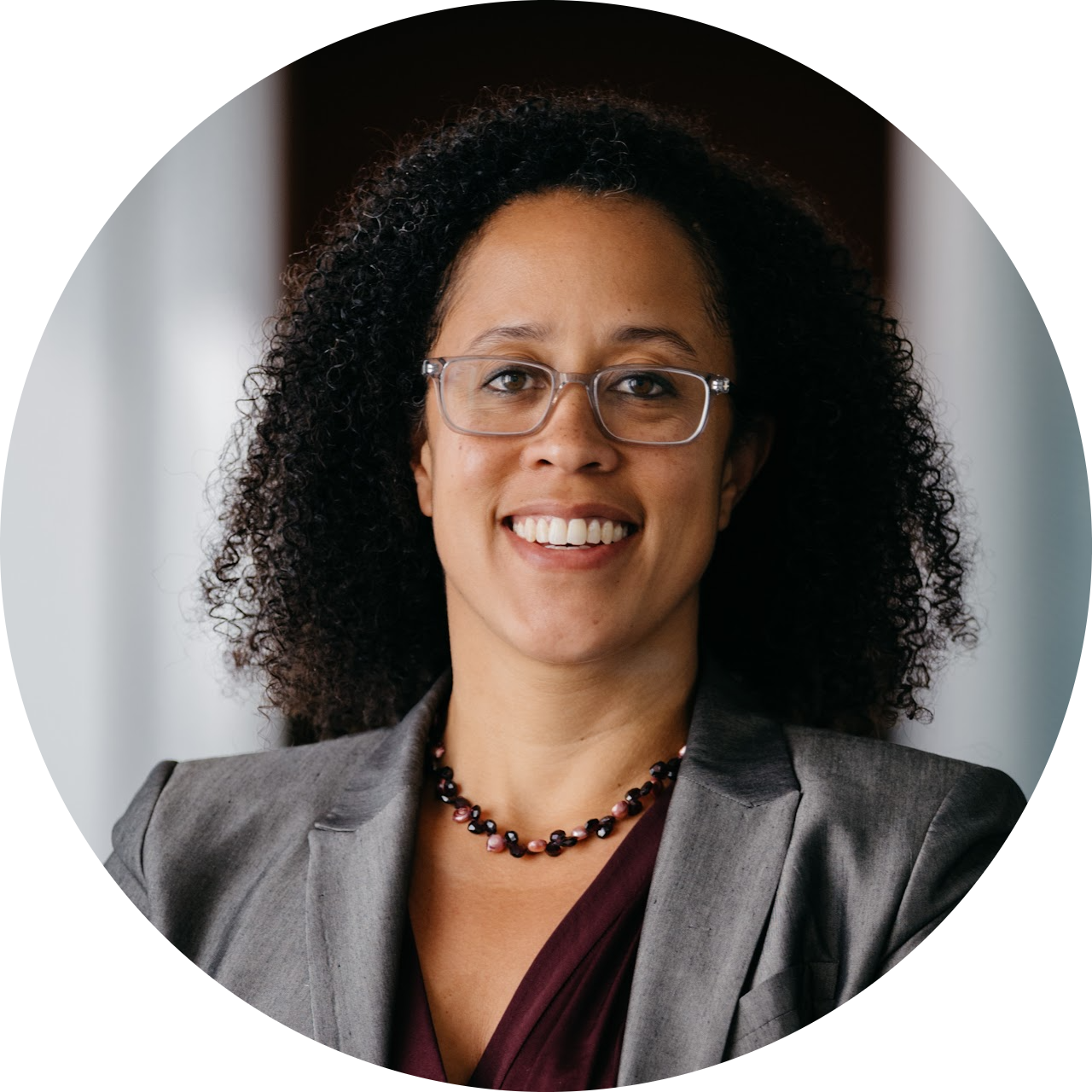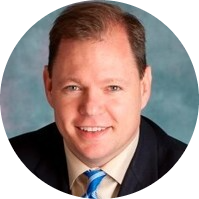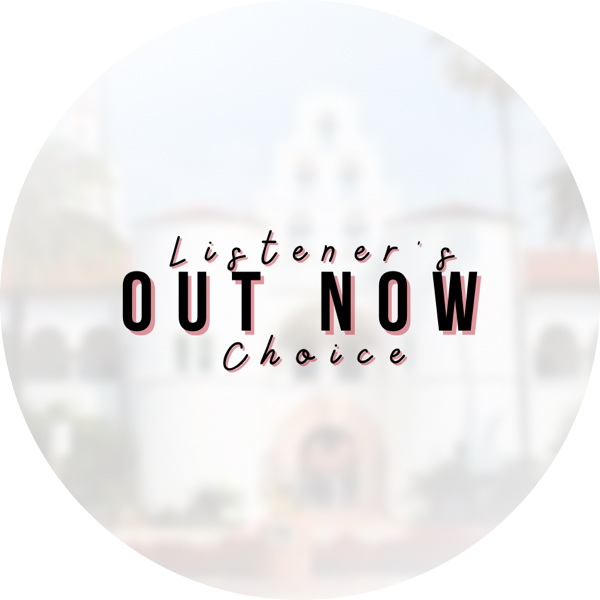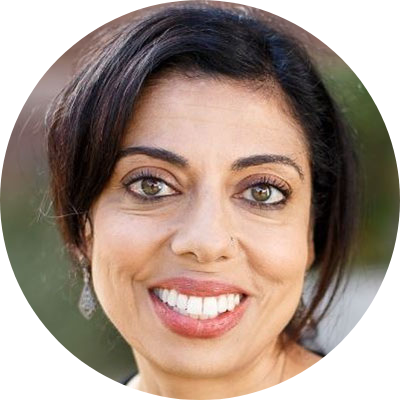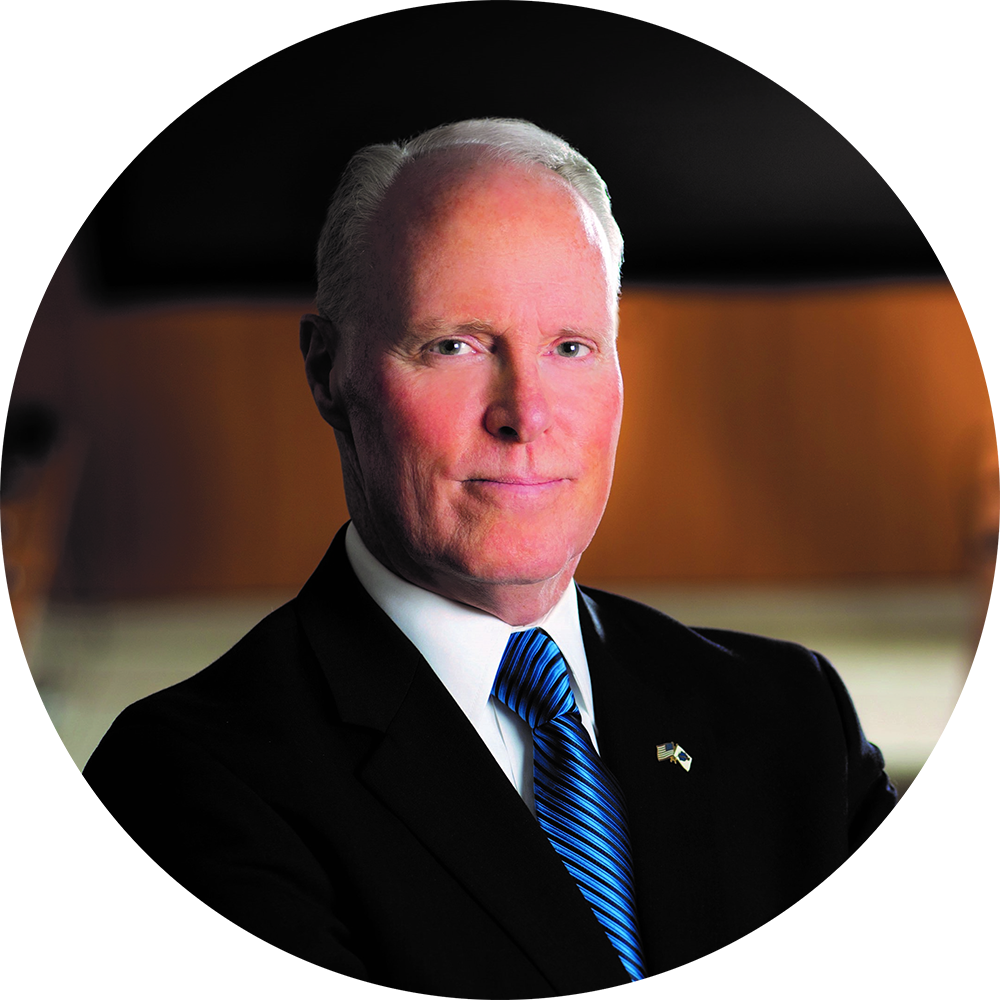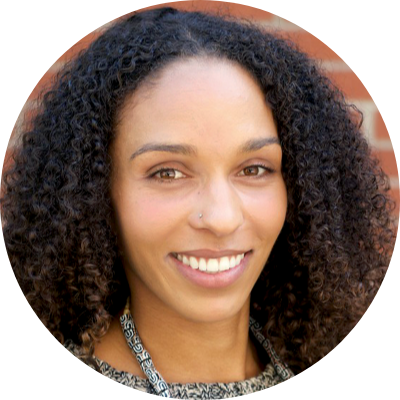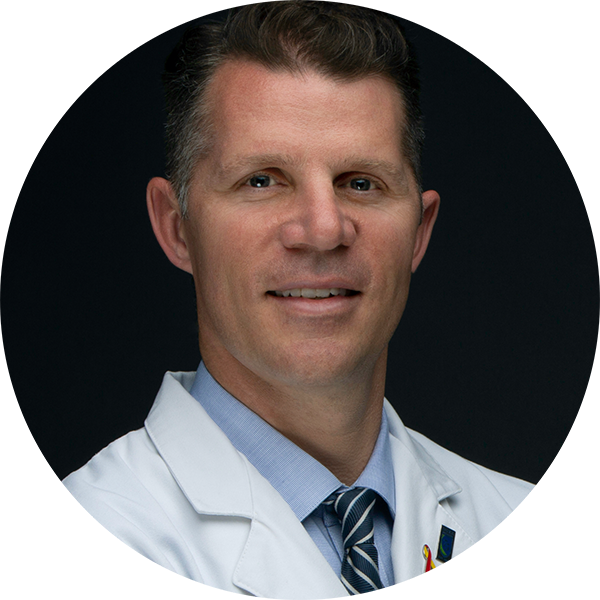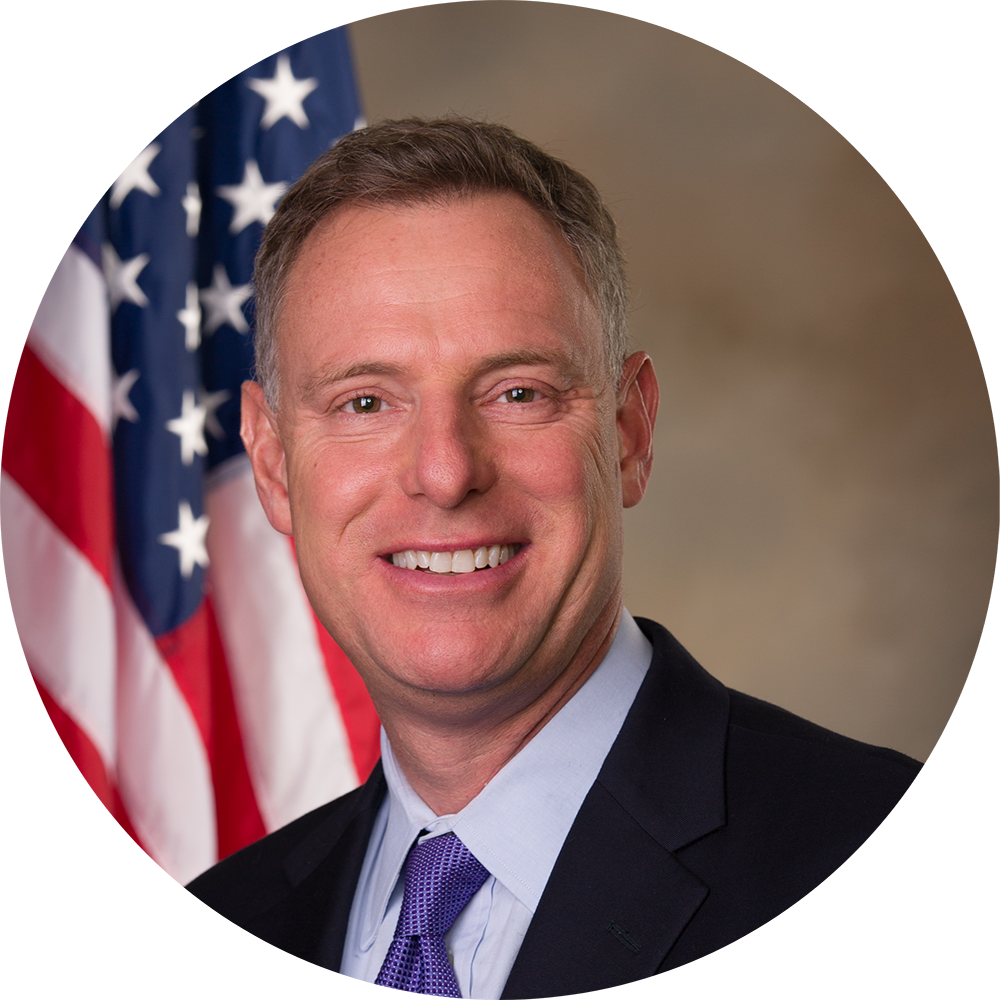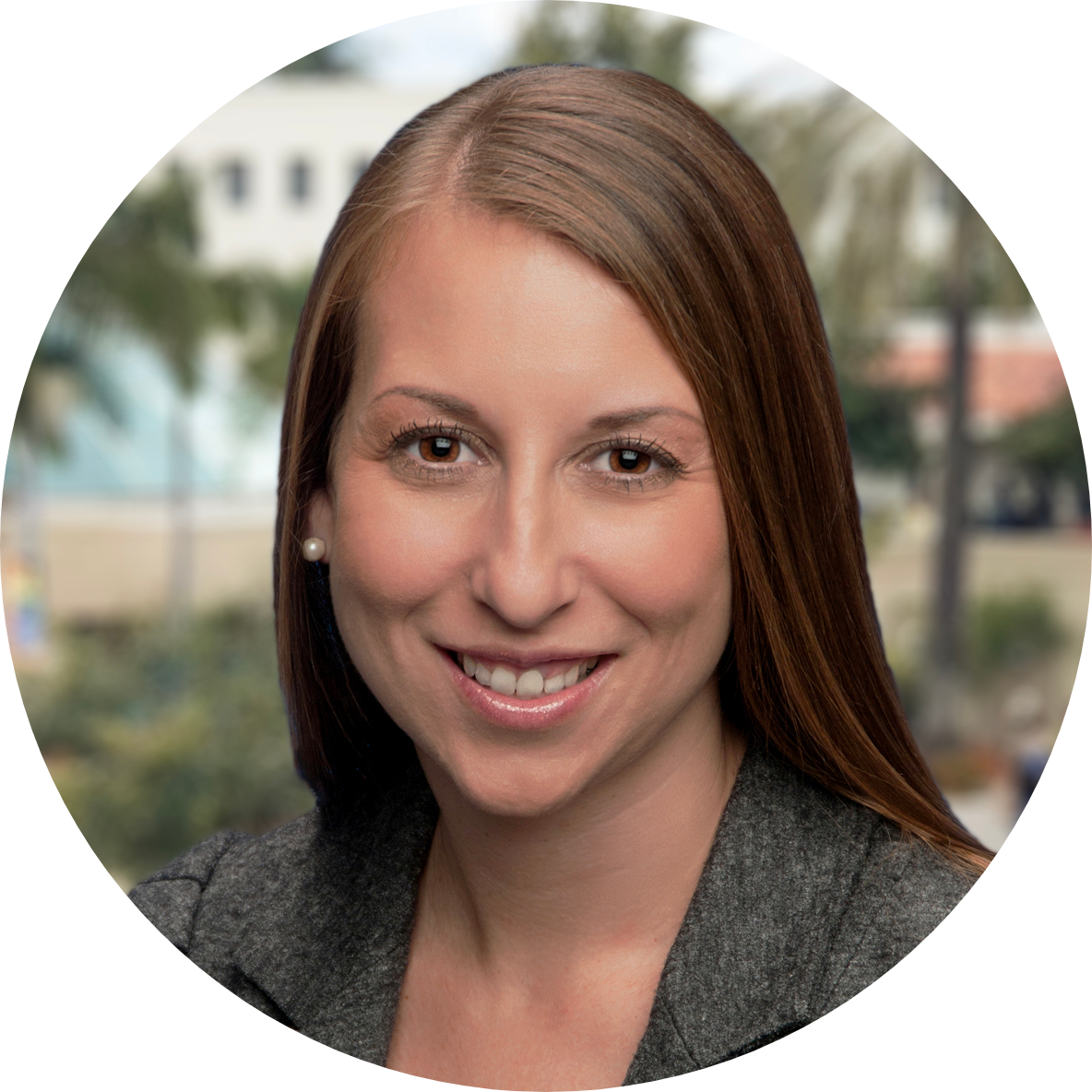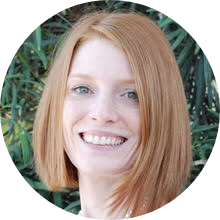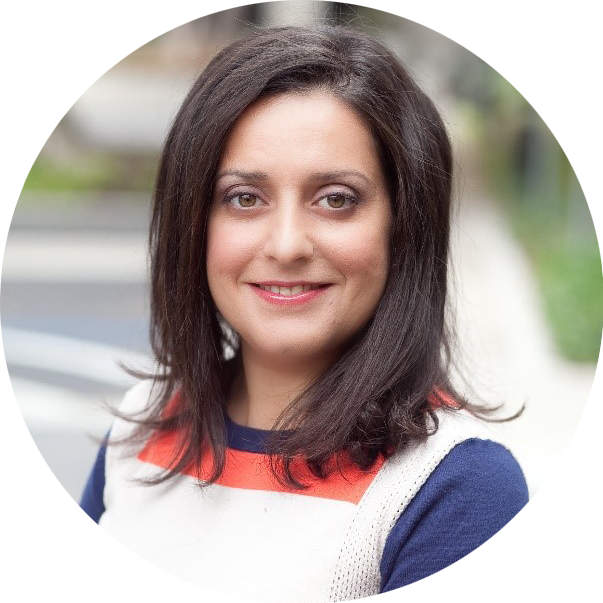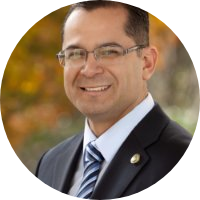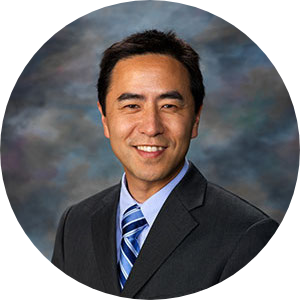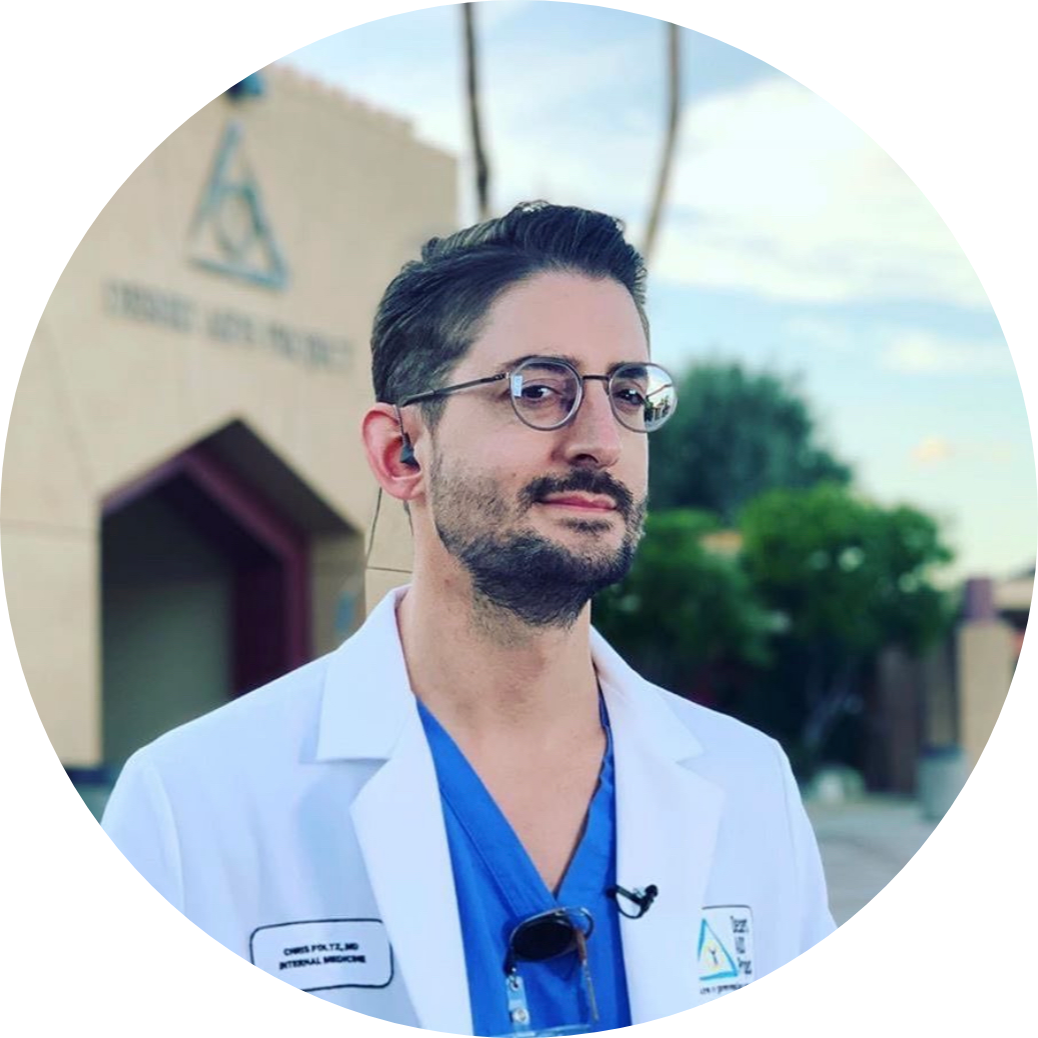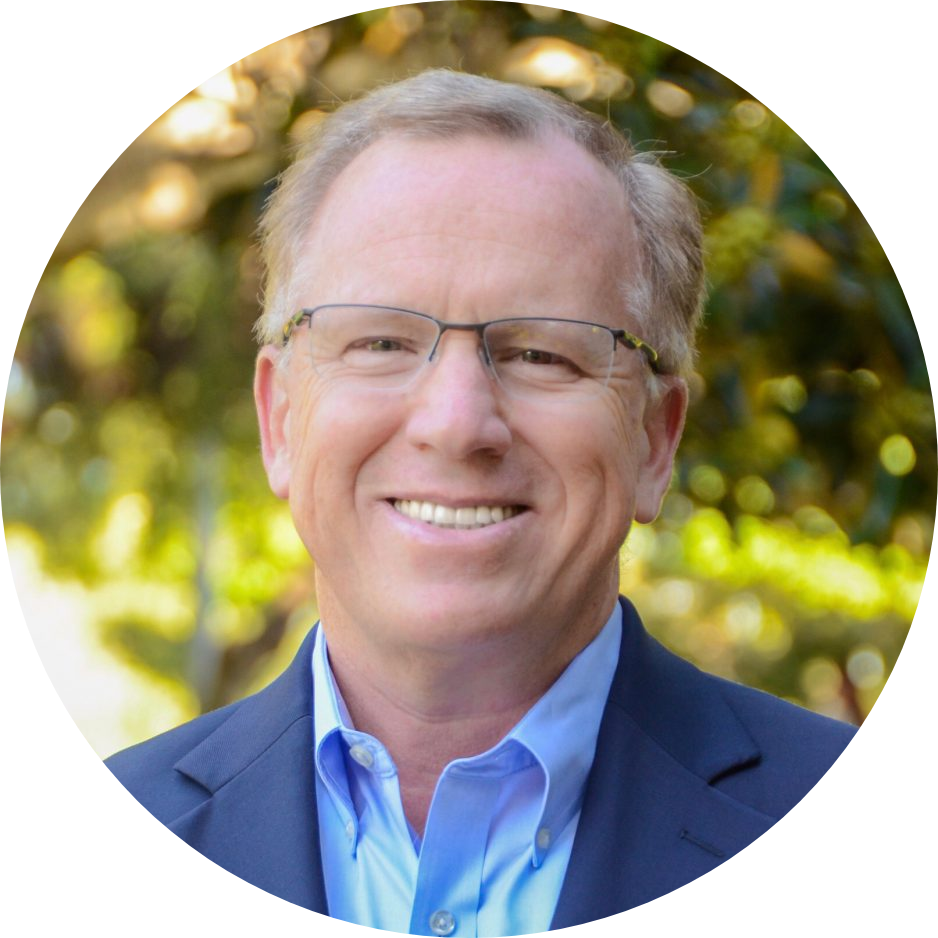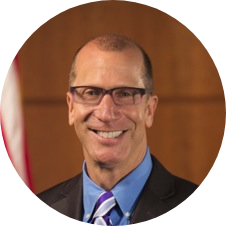Previous Episodes
If I Could Change One Thing host Dr. Brittnie Bloom and co-host Yucef Bouzina speak with Chrissy Cmorik, Senior Director of Education for Planned Parenthood of the Pacific Southwest, SDSU Adjunct Professor, and SART Advocate with the Center for Community Solutions, about sexual health, education, and reproductive justice. Chrissy takes us from her start as a SART advocate, sitting with survivors in their most vulnerable hours, to her work creating Planned Parenthood’s free online platform Sex Ed To Go. We grapple with how to reach people when politics and stigma get in the way and why “meeting people where they are at” is Chrissy’s motto for everything from TikTok videos to trauma-informed care. Listen to this week’s episode for a conversation that’s equal parts practical, personal, and powerfully hopeful.
If you're interested in the resources mentioned in this episode, please check out the Center for Community Solutions and Planned Parenthood's Sex Ed To Go platform.
CONTENT WARNING: This episode covers content that is focused on sexual and dating violence.
Season Nine
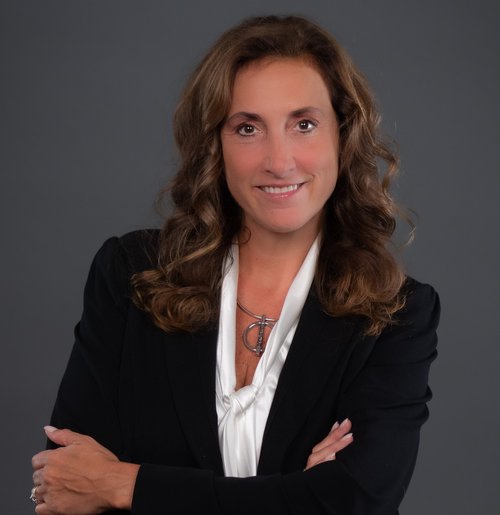
Episode One of Season Nine of If I Could Change One Thing
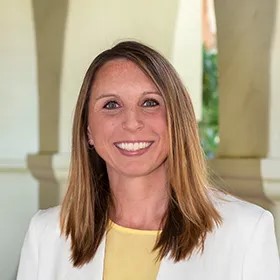
Episode Two of Season Nine of If I Could Change One Thing
Season Eight
Dr. Wendi Gosliner works to improve population health and nutrition by eliminating health disparities and improving federal food programs. How did SNAP and WIC programs change during the COVID-19 pandemic? How do socioeconomic factors impact access to nutritious foods? What are common misperceptions about nutrition policy in the US? Find out, on this episode of If I Could Change One Thing, the Health Policy Podcast of San Diego State University.
In this episode we speak with Richard Fierro—decorated Army Veteran and SDSU alumnus.
On November 19, 2022, Rich and his family were at the scene of the Club Q mass shooting, where Rich was credited with helping subdue the gunman. For his efforts he has received numerous awards such as the 2023 Congressional Medal of Honor Society's - Citizen Honors Award for Valor. Additionally, Rich works with his wife Jessica to operate their own brewery—Atrevida—in Colorado Springs. Atrevida’s motto is “Diversity, it’s on tap!” and Atrevida strives to demonstrate diversity in everything it does. Atrevida has won multiple awards such as the 2019 Colorado Governor’s Minority Small Business of the Year award.
Tune-in to hear about Rich’s unique life and perspective, on this episode of If I Could Change One Thing, the Health Policy Podcast of San Diego State University.
Season Seven
Sleep deprivation affects performance in all aspects of life, including academics; operating cars, airplanes, and trains; in medical settings; in the workplace; and in athletics to name a few. How exactly does sleep deprivation affect our mental, emotional, and physical health? What is good sleep hygiene and how can we practice it in our own lives? What policy changes should be made on a societal level to promote proper sleep? In this episode, we discuss these sleep-related issues and more.
One of the pioneering Public Health policy makers during his 40 years in the US Congress, Henry Waxman shares his insights as to how to get big policy changes enacted. Learn about important actions such as the Affordable Care Act and taking on Big Tobacco in this special episode.
Healthy communication between parents and adolescents is important for the well-being of young people, yet there is a shortage of research on ways to improve parental communication. In this episode, we ask Dr. Katrina Pariera--expert on sexual communication and family or interpersonal communication--about strategies for improving communication and ways to address this important Public Health topic.
Find out where to learn this live-saving skill, in this episode of If I Could Change One Thing, the Health Policy Podcast of the School of Public Health at San Diego State University.
Six
Investigative journalism and accountability reporting shed new light on public health issues especially in responding to a pandemic. We delve into one journalist’s work uncovering new insights into the fragile public health infrastructure as well as the issue of health equity.
How did public health measures play a role in quickly containing the Monkeypox epidemic? We look at not only public health policy but also why the Smallpox vaccine is so effective in preventing the spread of Monkeypox.
Asylum seekers have unique health needs. We explore the public health and other barriers for those seekers to enter the US in this episode.
How did public health measures play a role in quickly containing the Monkeypox epidemic? We look at not only public health policy but also why the Smallpox vaccine is so effective in preventing the spread of Monkeypox.
Could more lives have been saved in Uvalde? Emergency medical response and planning can benefit from the visual forensic reporting of the Uvalde mass shooting by the Washington Post team. We explore how this tool can provide information for evidence-based policymaking.
How can we reduce preventable deaths on a population level? What are health outcomes research, precision population health, and big data; and how can we utilize these to improve the public's health? What do we hope to learn from the Yale Paxlovid for Long COVID Trial, and how will the finidngs improve patients' lives in real-time? How much of a problem is health misinformation and what can we do to reduce it? We discuss these topics and more with Dr. Harlan Krumholz, Professor and Director of the Yale Center for Outcomes Research & Evaluation (CORE).
We have come a long way in the COVID pandemic, and we’ve certainly learned from it. How can we apply this new knowledge to the next pandemic in order to reduce morbidity and mortality? SDSU School of Public Health researchers discuss the Communities Fighting COVID studies and projects, and explain how they are working to increase access to testing, treatment and vaccines. What if we could decrease regulations and oversight around testing in this country?
Season Five
In this episode, we will take a look at an international perspective to the COVID-19 pandemic with Israel's Dr. Nadav Davidovitch. Dr. Davidovitch is an expert in health policy research and epidemiology. During the pandemic, he has served on the national cabinet for the COVID-19 response in Israel. We talk about how the pandemic exposed the country's health inequities, and Israel's rapid response to COVID-19.
SDSU faculty members are engaged in research regarding the health needs and community access issues of individuals experiencing homelessness. In this episode, we talk with Dr. Jerel Calzo and Dr. Jennifer Felner, and discuss the stigmatization of individuals experiencing homelessness. Additionally, we talk about the issue to access of public restrooms.
In this episode, we focus on the status of healthcare for the uninsured and underinsured. Katie Heidorn is the Executive Director of Insured the Uninsured Project, and we will discuss the implications of theCal-AIM project in the recently approved Medi-Cal waiver.
In this episode, we explore the California Master Plan of Aging, and its goals and objectives to benefit the growing aging population in California. Our guest, Sarah Steenhausen, is the Deputy Director of Aging Policy, Reasearch, and Equity at the California Department of Aging. We discuss the kind of impact of the COVID-19 pandemic has had on this plan, and the growing needs of older adults.
Is 3D printing the next level of innovation for hospitals and surgeons? Is 3D printing science, art, or a combination of many disciplines? In this episode, we sit down with Dr. Justin Ryan, the director of 3D Innovations Lab at Rady's Children's Hospital. Dr. Ryan talks about what it looks like to introduce these new technologies to such settings, and how they connect with pediatric care.
California Correctional Health Care Services is emerging from a decade of federal oversight. We talk with Federal Receiver, Clark Kelso, about the healthcare needs of inmates and the goals set by the federal courts for serving incarcerated individuals.
Season Four
In this episode, we find out how a pediatrician uses his experiences to inform health policy in the California State Legislature. We talk about what must be done to assure that people can obtain vaccinations at public events without being subjected to harassment or being bullied. How did other previous events inform policy making around vaccines and the abuse of medical exemptions?
Dr. Richard Pan has devoted his career to health and helping the community. He is a practicing pediatrician, former UC Davis educator, current State Senator for California District 6 and Chair of the Senate Committee on Health.
In this episode, we talk with the team leading the COVID Recovery Program at Scripps Health. The San Diego based health system is one of the leaders in responding to the needs of those with lingering COVID symptoms. Even individuals with mild COVID symptoms could develop long lasting symptoms. Learn about Scripps Health research into this syndrome.
In this episode, we are joined by Joseph Payne, Founder and CEO of Arcturus Therapeutics. We discuss the vaccine approval process, the many pathways to vaccine evaluation, and the successful technology behind the Pfizer and Moderna COVID-19 vaccines.
Season Three
We've had many interesting guests and stimulating discussion over the past year. Our listeners have wanted to know more about many of the topics that we've covered. So our team has picked out a few of your questions and consulted with our guests to answer those follow up questions. Listen in to learn more!
In this episode, we discuss three hot public health topics: mask mandates and when they may go away, the effect of the new variants on herd immunity, and the case of Johnson & Johnson and the spoiled batch of vaccines. We discuss these issues and more with Dr. Monica Gandhi, Professor of Medicine and Associate Division Chief of HIV, Infectious Diseases, and Global Medicine, at UCSF/San Francisco General Hospital.
How does a health system prepared for natural disasters make the shift towards preparing its staff for a pandemic? How can you build resiliency in a workforce? What considerations do healthcare leaders take into account when designing a vaccine super-station? We consider all of these questions and more in our latest podcast episode with Chris Van Gorder, CEO of Scripps Health.
Season Two
The decision of the San Diego Unified School District to open the 2020-2021 school year is a clear break from the desire of the current Federal Administration. But other California public school district have since announced similar plans. In this episode we gain an understanding of what went into this policy decision. We also learn about how the SDUSD is working with parents to that they can find a comfortable and proper role in supporting their students and teachers in online learning.
The Black Lives Matters movement has refocused societal attention on social justice especially for the Black community. There is a growing awareness that Social Justice should impact more than just criminal justice reform. Societal changes are shining a light on Health Disparities. One area that requires more attention is the health risk for seniors in the community, especially in the Black community, due health disparities. We'll talk about these issues in this episode.
As part of the border region, San Diegans know that heath care does not stop at artificial borders. The situation in San Diego influences what is happening in Baja California and visa versa. In this episode, we will talk with infectious disease physician Dr. Christian Ramers working with his colleagues in Baja on Covid-19 response. Dr. Ramers, in his role with Family Health Centers of San Diego, is also one of the leaders in providing services those who are homeless in San Diego. He'll detail the programs provided for those previously unsheltered in San Diego as well as discuss the successes and challenges of providing services at the Convention Center for this population as part of the region's response to the pandemic.
In this episode, host Gary Rotto speaks with Dr. Andrea Dooley, Associate Vice President for student affairs and campus diversity at San Diego State University. We explore SDSU’s leadership response to COVID-19 and how policies are created and communicated to the campus community. Looking for services available to students and faculty impacted by COVID-19.? We highlight many of those services during this episode.
T3, the Test, Trace and Treat program, seeks to provide a robust response to monitoring and addressing the COVID-19 pandemic. In this episode, we talk with Dr. Corrine McDaniels-Davidson, who leads this joint County-University program about both T3 as well as the larger "Communities Fighting COVID" study.
This week, we had the opportunity to speak with Dr. “Davey” Smith, head of the division of infectious diseases and global public health at UCSD. In this episode, we address the role that San Diego has assumed as a headquarters for COVID-19 response, the framework behind Operation Warp Speed, and the roles that research, funding, and advocacy have played in the global response to COVID-19.
County Public Health Officers have been thrust into the public limelight during the pandemic. So, our host Gary Rotto invited one of the key Public Health Officers to discuss this important and very public role. Dr. Erin Gustafson, the interim Public Health Officer for the County of San Bernardino virtually comes to Montezuma Mesa to discuss how public health orders are shaped as well as how the orders are enforced. Learn about the Education and Enforcement team of San Bernardino by listening to their discussion! What do you think is the most important recommendation that any of the Public Health Officers have made over the past 9 months?
Season One
How do you change Health Policy? What is the role of the School in preparing its students to make an impact through policy development? In this inaugural episode, Dr. Hala Madanat, Director of the School of Public Health talks about how she envisions the podcast fitting in the work of the School as well as how the podcast will help to inform and engage the SDSU community. As an example of the work of the faculty and students, Dr. Madanat, who was recently named the 2020 Albert W. Johnson University Research Lecturer, discusses her work in research trends in globalization, its impact on nutrition and policy-making based on her research.
Imagine growing up in the Coachella Valley before the City of Coachella was known as it is today. How have things changed? How do you fight for better health for the underserved in the community? Now taking on the role of Chairman of the Riverside County Board of Supervisors and trying to govern during a pandemic. Victor Manuel Perez talks about Coachella, COVID-19 and providing steady, consensus but data driven leadership during these unsettling times.
As Chair of the Family Medicine Department with the Riverside University Hospital System, Dr. Geoffrey Leung has always been passionate about Public Health and improving care for underserved populations. But during the COVID-19 pandemic, he has also become one of the leaders in the “Inland Empire” for testing and interpreting models to advise health policy in the region. Dr. Leung helps our listeners to demystify modeling as well as look to the “post-pandemic, pre-vaccine world” in which we will live.
While there are many test kits on the market and available for COVID-19 testing, the kits are not all the same. Even the approval process varies. In this episode, we demystify the testing dilemma and discuss the difference between “FDA Approved” and “EUA”. Dr. Christopher Foltz talks about the special testing partnership underway in the Coachella Valley and the process he championed to assure that the test kits are reliable.
Our host, Gary Rotto, discusses the impacts of COVID-19 regarding food insecurity with CEO of Feeding San Diego, Vince Hall. How does food insecurity affect health outcomes? How is health policy influenced by "Social Determinants of Health"? Learn how Feeding San Diego is addressing this aspect of health care and is responding to COVID-19 in this episode.
One of the most experienced and respected health policy experts in the US. His work has spanned Democratic and Republican Administrations, including an appointment by President Barack Obama to serve as the Region IX Director of the US Department of Health and Human Services. His discussion with Professor Rotto is wide ranging encompassing policy making during a pandemic to relations with Native American governments. This episode is provided in an extended format. (What we mean is that there was so much to talk about, that it’s long!)
Contact Us
SDSU School of Public Health
San Diego, CA 92182-4162

